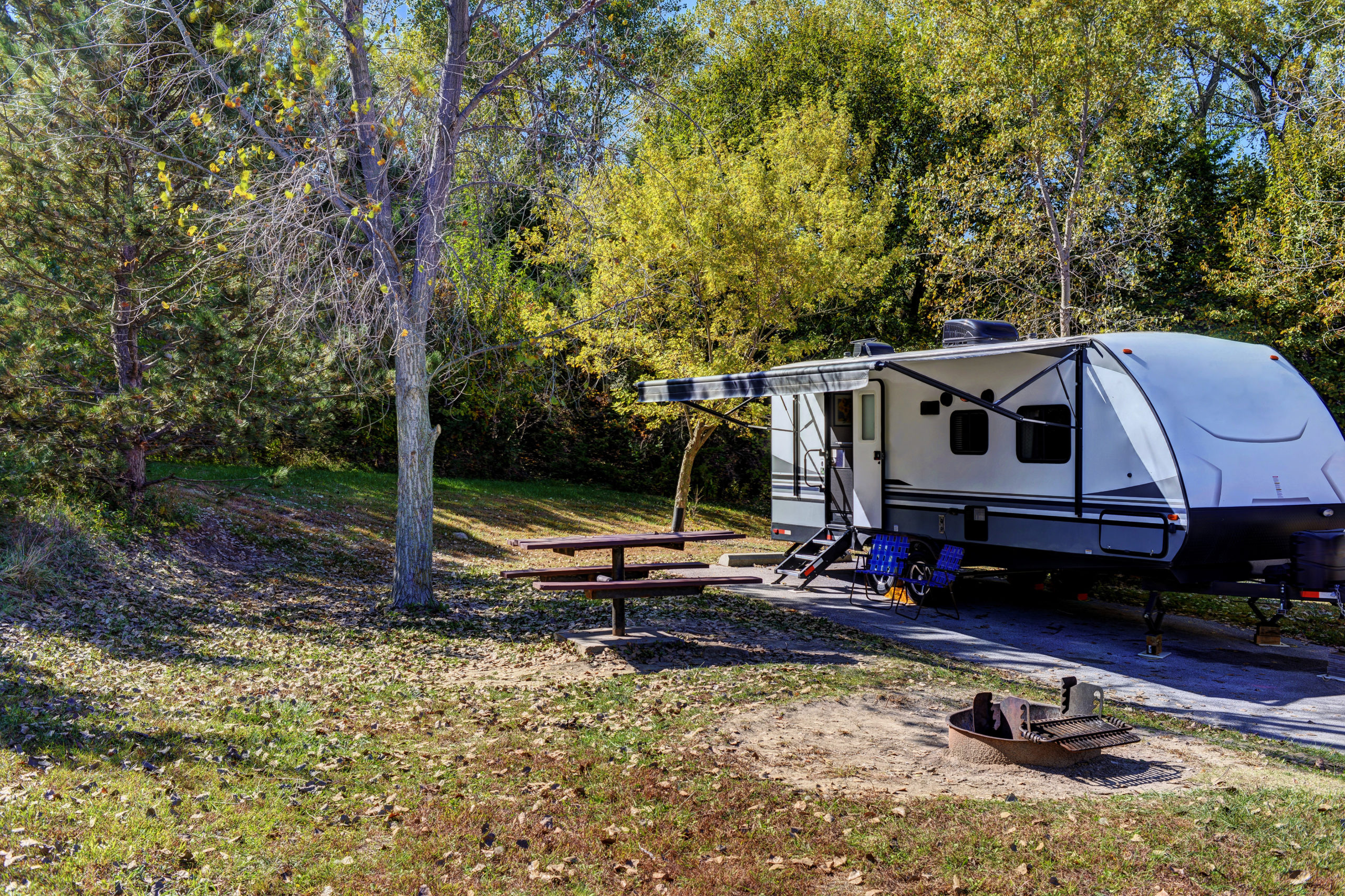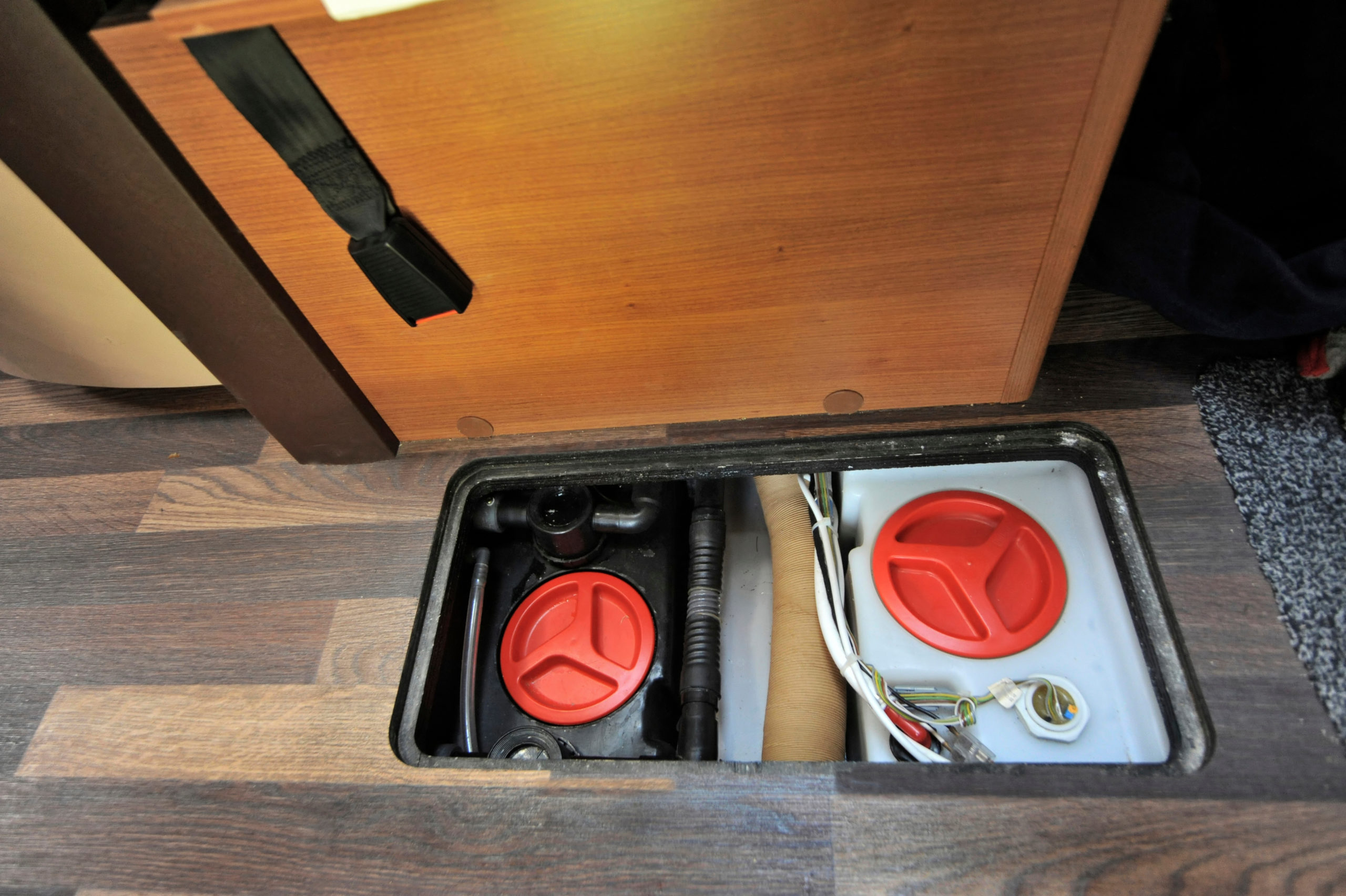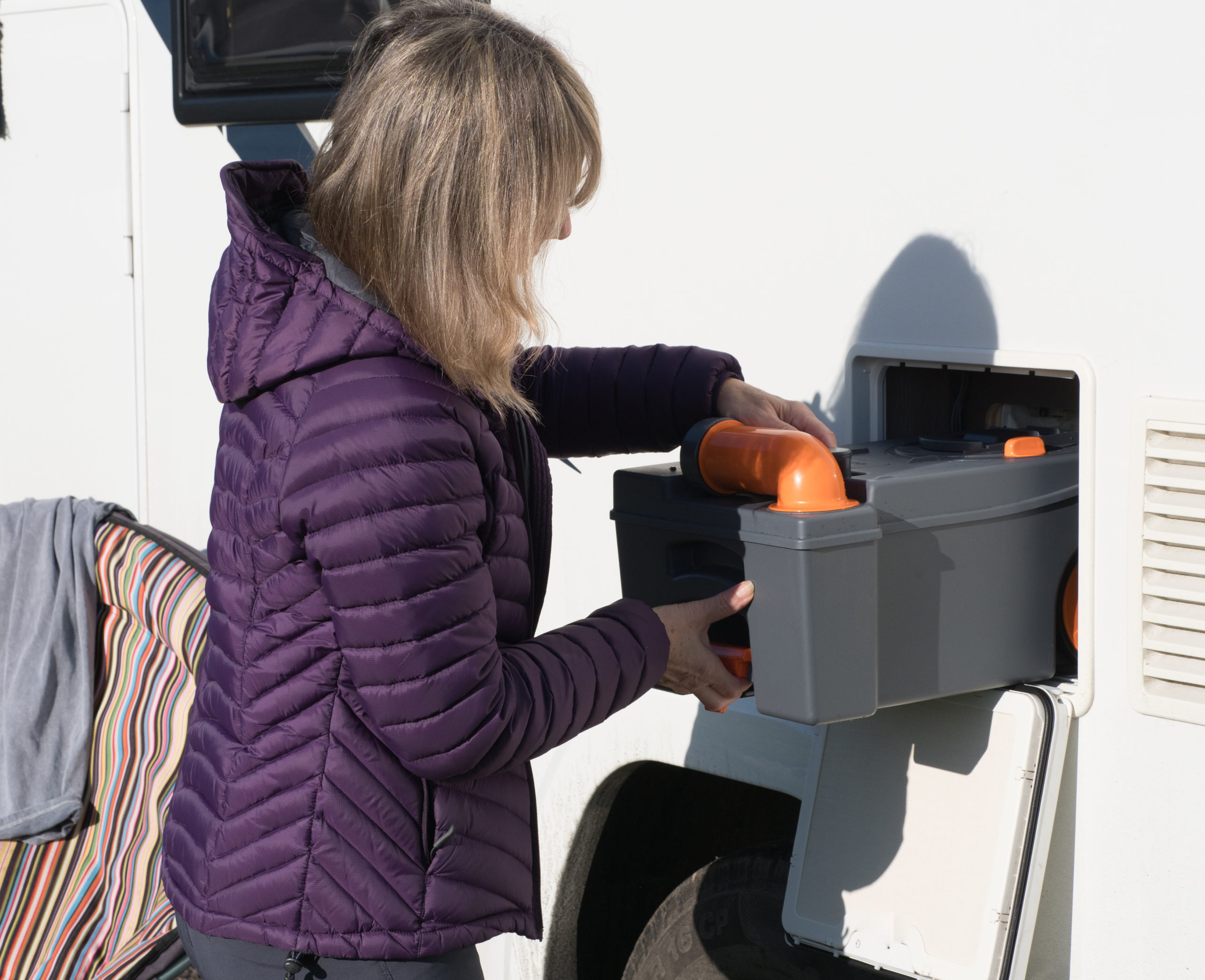Living the RV lifestyle is incredibly liberating for people, especially for those who spend the majority of their time in their RV. There are a few things that you get used to having a static home, however, that you no longer really have in an RV. One such luxury is plumbing and sewer.
When you use the sink, toilet, or even the shower if your RV has one, the water used for these activities doesn’t go through a sewage system to make its way to the city’s water treatment plant. Instead, it’s stored in holding tanks on the RV and they will need to be emptied periodically. Keep reading below for a quick guide on finding an RV dump station near you and get a few tips on using them.
Finding An RV Dump Station Near You
The first obstacle to overcome is actually finding a dump station. Luckily, RV’s gained a lot of popularity over time so the need for things like RV dump stations created the need to have them added to our normal infrastructure. Still, these dump stations can still be a bit spread out so it’s important to plan your RV travel route accordingly.
If you are traveling on major highways, check to see if the State you are traveling through has dump stations at their rest stops. Another benefit of using an RV dump station at a State rest stop is the traffic. Rest stop dump stations tend to be less busy as far as RV’s go, so you might be able to save yourself some time and money. Many, but not all, States have RV dump stations and some of them may even be free. Alternatively, you can use this map to quickly find a dump station near you.
How Much Does It Cost To Use An RV Dump Station?

Some RV dump stations do charge a fee while some are free. Some of the dump stations you may find at a State rest stop may be free as well (everybody likes free services). Some people may balk at having to pay a fee, but let’s look at this realistically: is paying a fee at a dump station for your RV much different than a monthly water and sewer bill?
While free is best, dump stations fees are generally manageable and aren’t going to be putting much of a dent in your wallet. On average, your fees are going to range anywhere from $15 – $30. For a solo traveler or a small group, this is a very minimal fee to pay. If the amount of people you are traveling with in your RV increases, you will likely pay a bit more in fees since you’ll have to visit an RV dump station more often.
Tips For Dumping Your RV Holding Tanks
So you found a dump station near you, you pulled up to it, and paid the fee (if applicable). Now what? Do you even have everything you need to safely and effectively dump your holding tanks? Before you set out on any travels, make sure you have these RV dump station essential tools:
- Disposable gloves – don’t forget, you’re not exactly working with the cleanest substances here.
- A hose to rinse with, like a simply garden hose
- Sanitizing wipes
- Extension hoses (just in case)
- A coupler/fitting
Generally, you don’t want to dump your holding tank unless they’re about ⅔ of the way full, so we’re going to assume in this scenario that they are. Empty the black water tank first. The black water tank holds all of the human waste like urine and feces. The gray water tank tank holds all of the water that was used for things like washing hands, washing dishes, and showers. You should empty the gray water tank last so that the soapy water can flush out anything in the hose that the black water tank left behind (especially odors).
If you didn’t quite get everything flushed, you can fill the tanks with water and have the holding tanks dumped again. This is where that extra garden hose comes in handy since some solids may have even been left on the sides of the tank.
There are also holding tank treatments that you can use after you have dumped your tanks. After you have dumped both the black and gray water tanks, you’ll want to put roughly 3-4 gallons of water into them (especially the black water tank). The best way to do this for the black water tank is to put treatment in the toilet and then flush. Repeat this 3-4 times. If you treat your gray water tank, you can do the same by running the sink.
Lastly…be courteous at RV dump stations! If you make a mess, clean it up. Respect the station no matter the fee cost. If you just leave a mess, more than likely it’ll be the next RVer that has to deal with it.
Your Source For Used RV’s In Texas
The RV lifestyle isn’t complete without an RV! If you’re looking for a great RV at a great price in Dallas-Fort Worth, Texas, check out the current inventory over at Your RV Broker. Feel free to reach out with any questions, and happy RVing!




